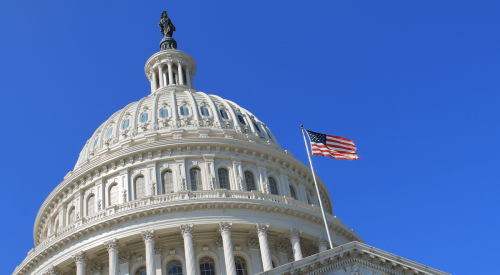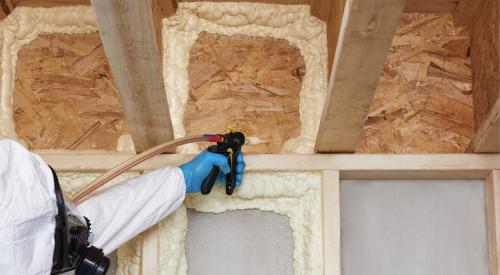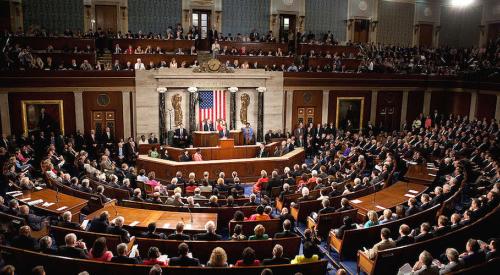In recent weeks, legislative support has been building for a measure that would provide $2 billion in tax breaks over 10 years for companies that are in the process of settling asbestos-related personal injury claims. Meanwhile, firms ranging from W.R. Grace to USG to Armstrong World Industries are calling for a broader solution to the problem.
In a statement commenting on the Oct. 5 Chapter 11 filing by Owens-Corning, USG chairman William Foote highlighted the differences between its liability and Owens-Corning's, and then called on Congress to take action.
"Owens-Corning's current situation, and the situation of many other similar companies, illustrates the critical need for federal legislation designed to reform asbestos litigation," Foote said.
According to published reports, about two dozen companies in several industries have filed for bankruptcy because of the ongoing claims-Owens-Corning being only the latest to do so. But it did not do so without a lot of diligent effort on their part, said company spokesman Bill Hamilton.
Over the past two decades Owens-Corning has paid out $3.1 billion to settle 440,000 claims related to the sale of a pipe insulation product called Kaylo from 1952 to 1972. By comparison, sales of the product during that time totaled only $135 million.
Recognizing that the federal government had a role in condoning, and in some cases even requiring the use of asbestos, legislative leaders as well as about 80 co-sponsors of the tax-relief bill are reportedly coming around to the notion that the government has an obligation to step in. From 1920 to 1970, for example, the federal government, which has immunity from lawsuits related to asbestos, required the use of the cancer causing material on Navy Ships and in power plants.
"We do believe that the federal government has a responsibility here," said Ken Kies, a former congressional aid, now a consultant for Pricewaterhouse-Coopers working with Owens-Corning.
Owens-Corning "makes a convincing case," said Rep. Dick Armey in a recent Dow Jones report, referring to the pending tax-relief measure. If passed, the measure would be more of an interim aid as opposed to the long-term solution that these companies are seeking. Broader legislation would likely take months to craft.
Refocused at Owens Corning
For their part, Owens-Corning officials say they are glad that the asbestos claims will not be a continued drain on its financial and human resources.
"We have had a fair number of people focused on the asbestos litigation," said Dave Brown, president of the company's insulating systems business, in a recent interview with Professional Builder magazine. "Now that we have filed, we are go-ing to turn that whole process over to our attorneys. We are going to worry about making high quality products and shipping them on time."












